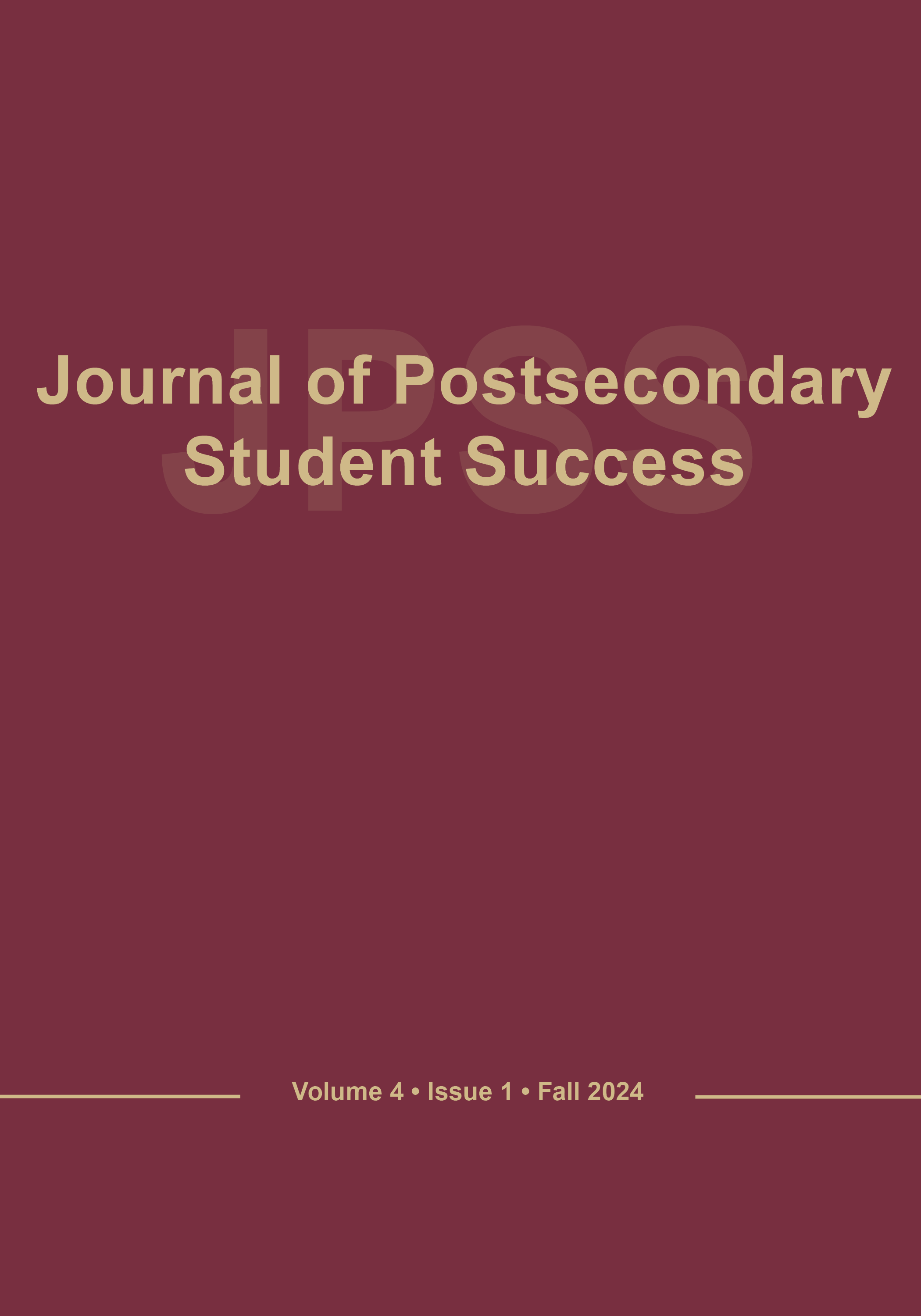Resumen
Despite the increasing awareness of basic needs insecurity and its adverse impacts on students’ academic achievement and wellbeing, the racial and social inequities in these experiences remain a critical issue requiring scholarly attention. Using the #RealCollege Survey Dataset, this study investigates the prevalence of basic needs insecurity among postsecondary students according to their citizenship/residency status and reveals that students who are not U.S. citizens or permanent residents (NCPR) are disproportionately affected by basic needs insecurity. It also explores several barriers to these students’ basic needs security, including, but not limited to, the reasons why some students do not use campus resources (e.g., not knowing how to apply). The findings of this study suggest that addressing the barriers to students’ basic needs security requires considering multiple intersecting identities, including citizenship/residency status. The paper concludes by providing recommendations for future research, policy, and practice on how higher education institutions can and should appropriately address the related issues and provide adequate support based on students’ unique circumstances.

Esta obra está bajo una licencia internacional Creative Commons Atribución 4.0.
Derechos de autor 2024 Elmira Jangjou
